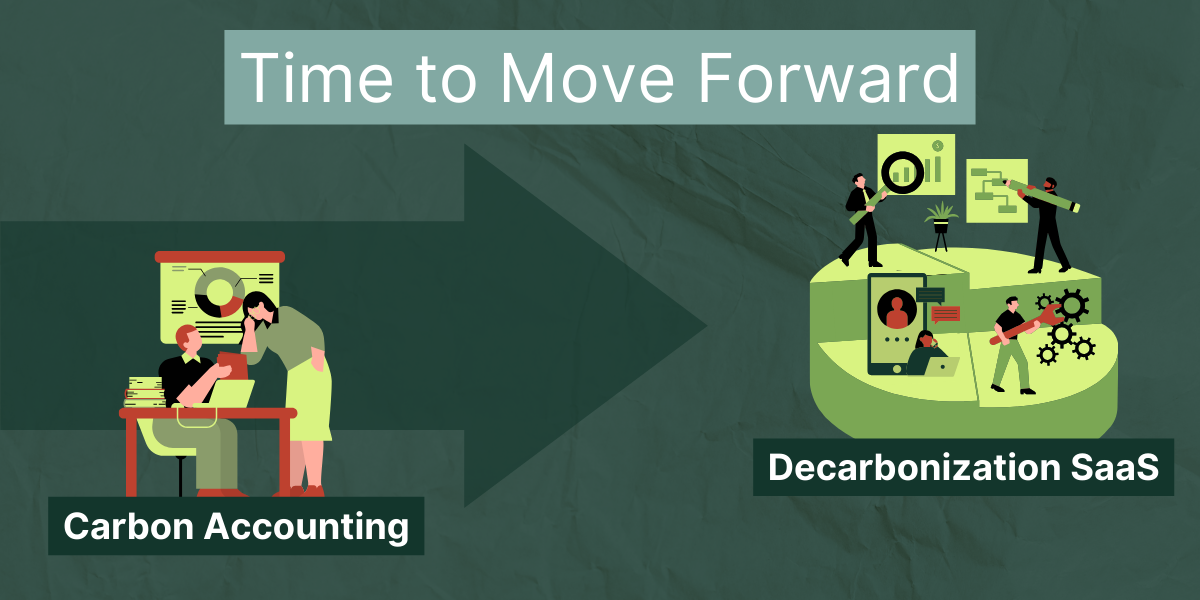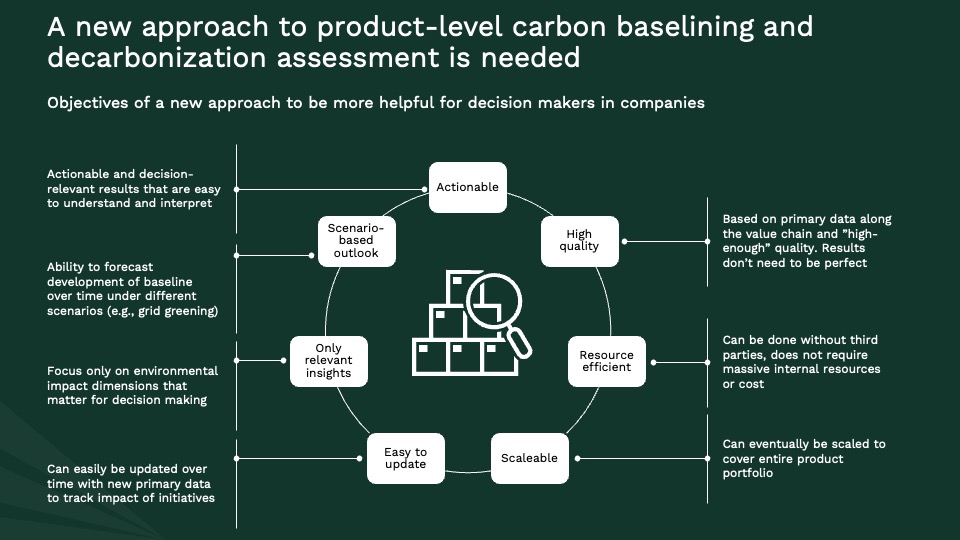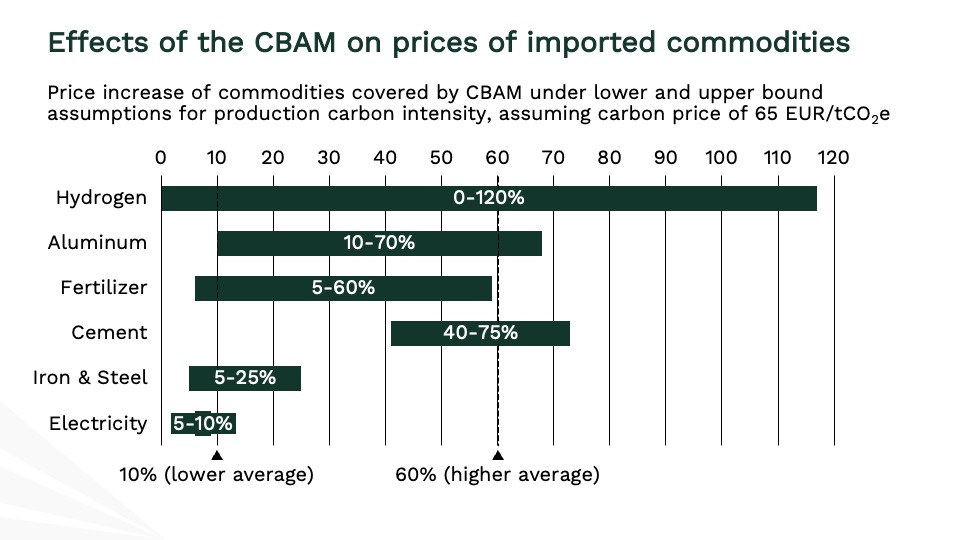Despite investments in carbon accounting, emissions are at record highs. Companies may be trying to decrease their carbon emissions, yet they simply do not have the appropriate tools for doing so. Learn about the difference between carbon accounting and decarbonization SaaS and how to shift from measurement to action.
Terralytiq blog
Our expert insights on global decarbonization
In this exploration of the sustainability of artificial Christmas trees, we delve into the environmental impact of their increasing popularity. Traditionally, these trees are made from materials like plastic, aluminum, and steel, whose production processes are high in carbon emissions. This fact is starkly highlighted by our analysis of a typical artificial tree, which reveals significant CO2 emissions associated with its production. However, there is a silver lining. Our research, utilizing the Terralytiq Platform, has identified 84 sustainable alternatives that significantly reduce the carbon footprint of these trees. These alternatives range from switching to renewable energy sources to increasing recycled material usage. We developed two potential pathways to sustainability: Pathway A focuses on cost-effective and carbon-reducing measures, while Pathway B adds more comprehensive, albeit costlier, initiatives. The adoption of these pathways could lead to a dramatic decrease in carbon emissions by 2030, making the production of artificial Christmas trees not only more environmentally friendly but also more cost-effective. This study underlines the importance of sustainable manufacturing practices and showcases how environmental responsibility can align with economic benefits.
In the face of the accelerating climate crisis, this blog post offers a guide to corporate decarbonization, particularly focusing on product decarbonization. We discuss the rising tide of transparency in corporate carbon accounting and reveal that nearly half of global market capitalization now actively discloses carbon footprints. Carbon accounting and decarbonization efforts are not just ethical moves but strategic imperatives for gaining a competitive advantage. This is underscored by the changing business landscape where clients—especially in B2B sectors—are demanding transparency and actionable plans for future decarbonization. Regulatory changes like the EU's Carbon Border Adjustment Mechanism and the U.S.' Inflation Reduction Act are additional driving forces. This post also delves into the challenges and complexities of Scope 3 emissions and Life-Cycle Analyses (LCAs), and argues that a new, less resource-intensive approach is essential. Anticipating this need, we introduce Terralytiq's Low-Carbon Products (LCP), a forthcoming SaaS tool aimed at simplifying carbon footprint data collection and analysis. The central message is that proactive decarbonization is not just environmentally responsible but a multifaceted strategy that offers businesses operational, financial, and reputational gains.
The CBAM requires companies importing goods into the EU to report the emissions baked into these goods to the CBAM authority. Importers and especially small and medium-sized enterprises (SMEs) face financial repercussions if they use incorrect emission factors to calculate these emissions, potentially increasing costs substantially. Supplier- and location-specific emission factors are crucial for precise reporting and encouraging global partners to adopt sustainable practices. Obtaining such factors poses challenges, including data availability and transparency issues, complex supply chains, and financial constraints. Importers can overcome these obstacles through collaboration, digital solutions, government support, and engaging suppliers on sustainability. Embracing accurate emission factors empowers these companies to support climate goals and foster sustainability in international trade.
To achieve successful decarbonization programs, organizations must gather accurate and relevant data from their own operations and supply chain. Accurate data is crucial for carbon baselining, identifying relevant decarbonization initiatives, and tracking progress. Supply chain data is particularly important as emissions for one material can vary vastly depending on supplier location, production route, recycling shares, and the use of renewable electricity in the value chain. Many carbon accounting platforms use off-the-shelf emission factors that do not consider company-specific primary data. Life Cycle Analyses are complex, require a lot of data and resources to conduct, and are only of limited help in identifying decarbonization initiatives. Regularly tracking data is essential for assessing success and making informed decisions about future initiatives.
Sign up for our Blog
Receive alerts every time our sustainability experts add new insights to the Terralytiq Blog.
You can, of course, unsubscribe at any time






